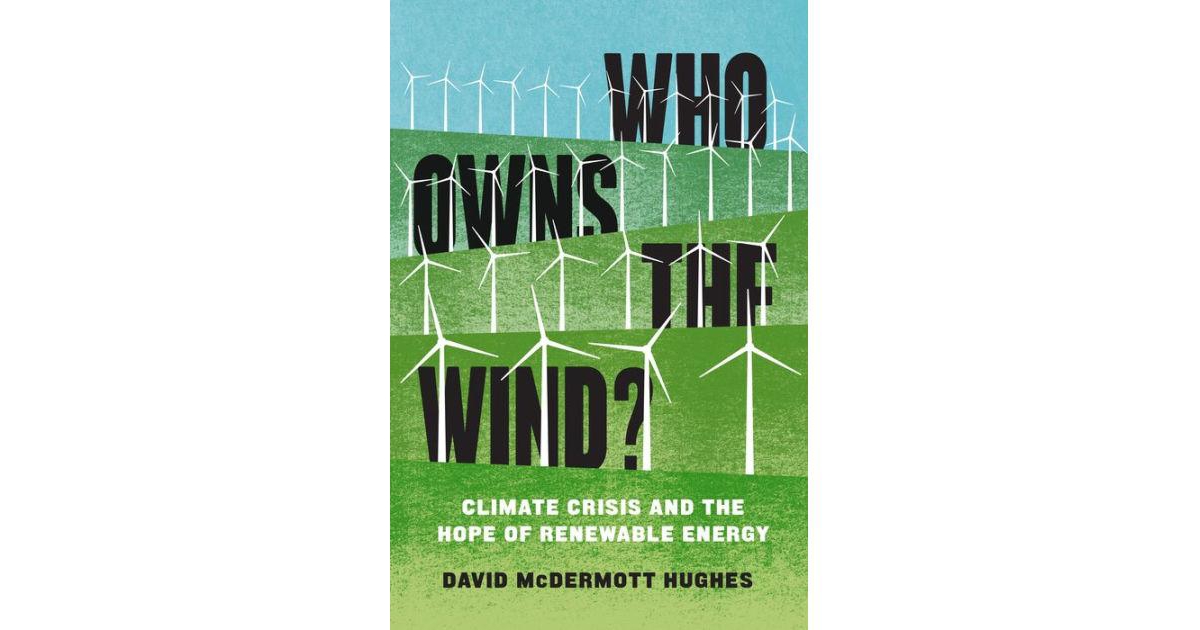Why the wind, and energy it produces, should not be private propertyThe energy transition has begun. To succeed-to replace fossil fuels with wind and solar power-that process must be fair. Otherwise, mounting pop- ular protest against wind farms will prolong carbon pollution and deepen the climate crisis. David McDermott Hughes examines that anti-industrial, anti- corporate resistance, drawing on his time spent conducting field research in a Spanish village surrounded by wind turbines. In the lives of a community freighted with centuries of exploitation-people whom the author comes to know intimately-clean power and social justice fit together only awkwardly. Aesthetics, livelihood, property, and, most essentially, the private nature of wind resources-all these topics must be examined with fresh eyes.











